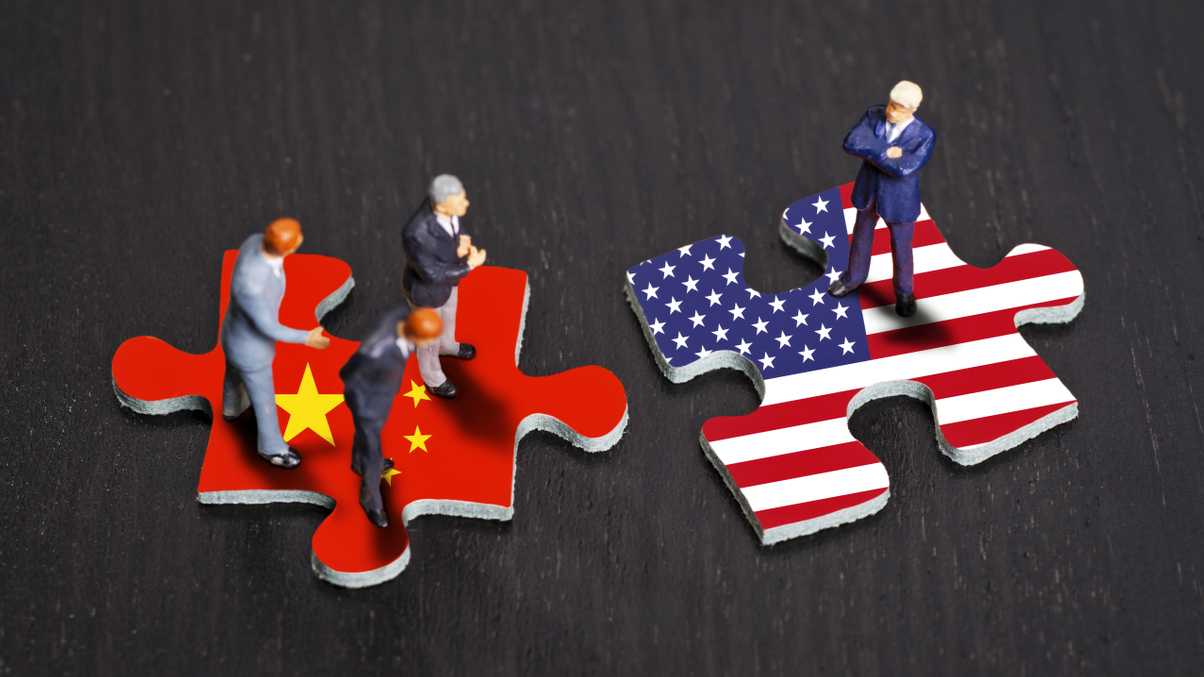Year of the Pig reflections: Predicting the US and China trade war
AsianInvestor looks to its penultimate Year of the Pig prediction, in which we asked whether there would be some form of climbdown in the US-China trade war.

At the beginning of every Chinese New Year, AsianInvestor makes 10 predictions about the economic, political and financial developments that are likely to have an impact on the way institutional investors allocated their portfolios.
Our penultimate Year of the Pig reflection asked whether the intensifying trade war between the US and China would intensify or the two would reach some form of agreement and de-escalate.
Sign in to read on!
Registered users get 2 free articles in 30 days.
Subscribers have full unlimited access to AsianInvestor
Not signed up? New users get 2 free articles per month, plus a 7-day unlimited free trial.
¬ Haymarket Media Limited. All rights reserved.


